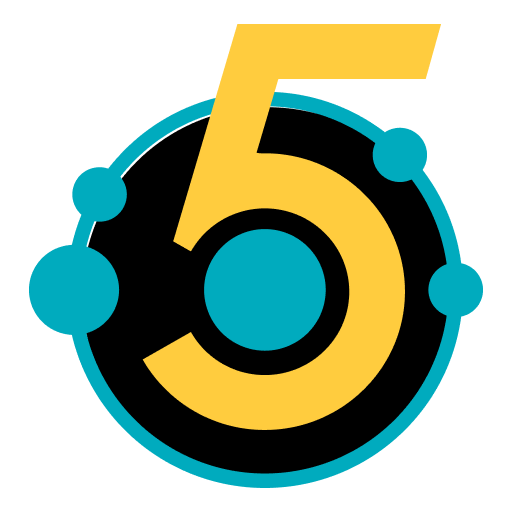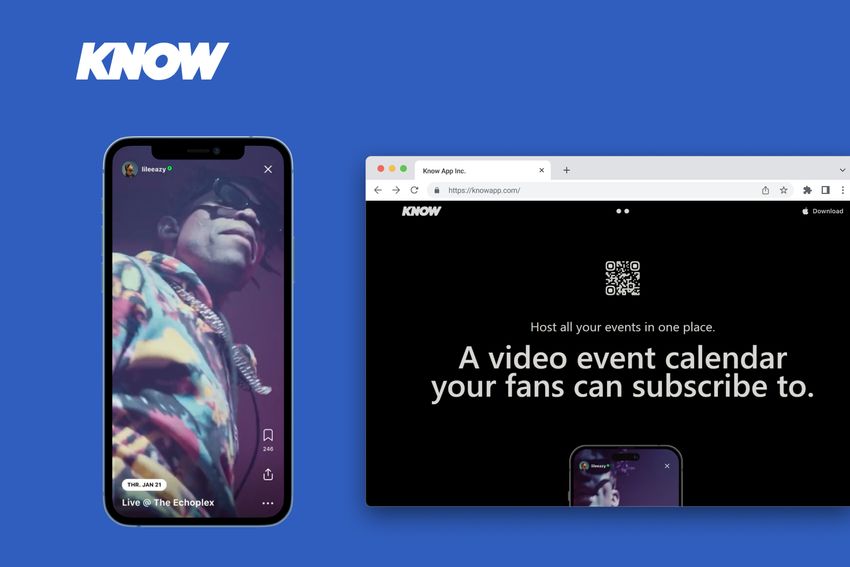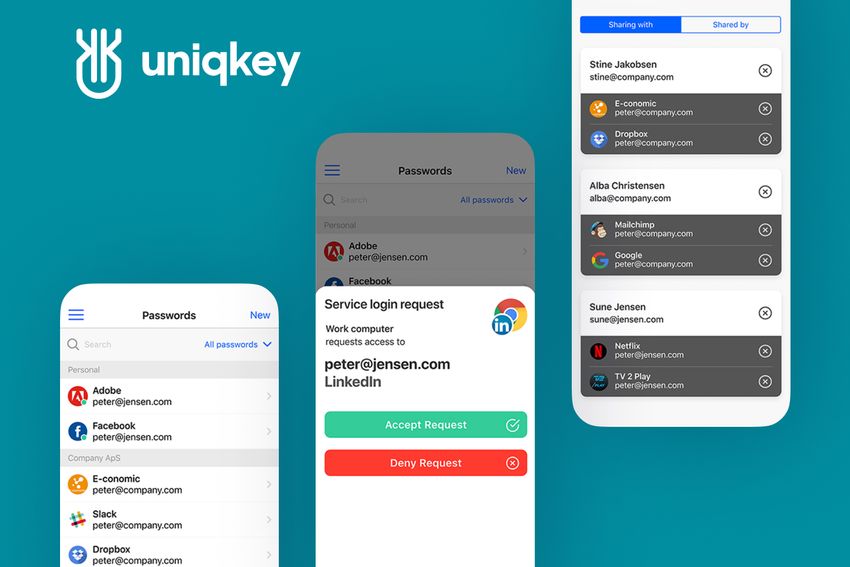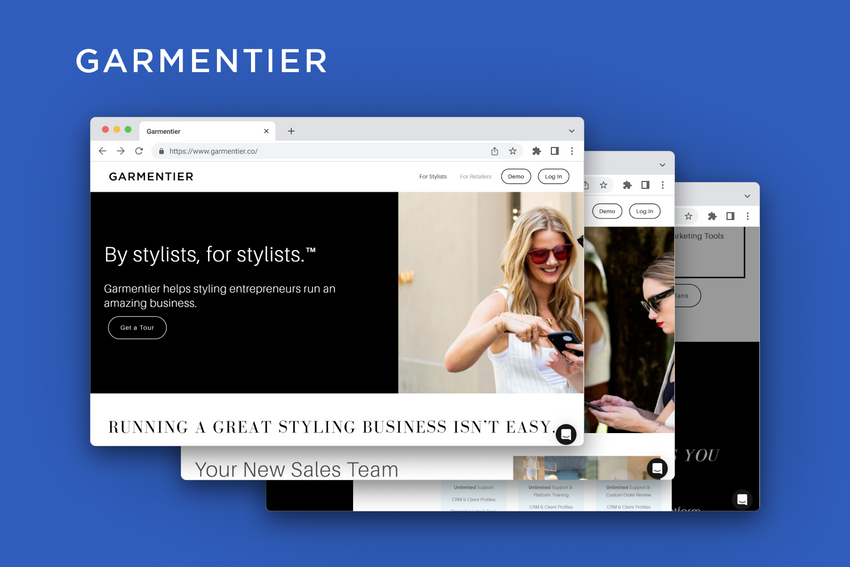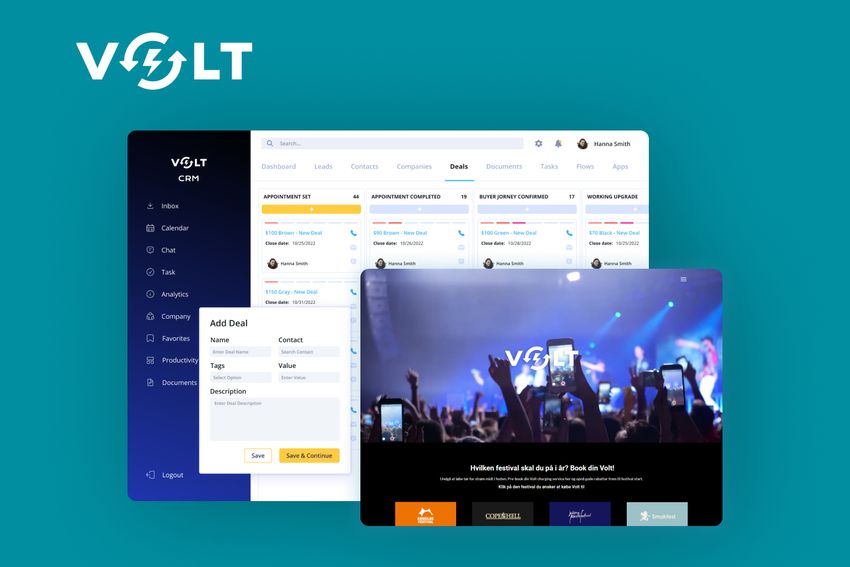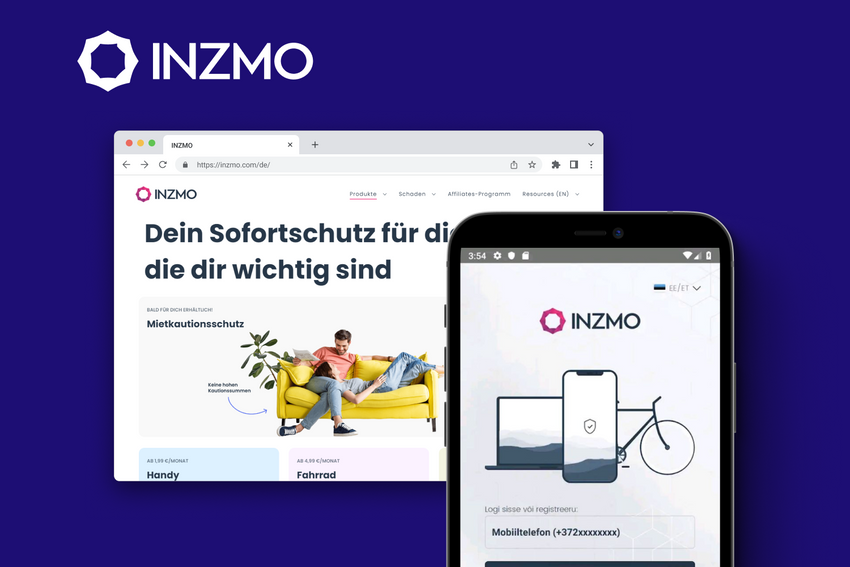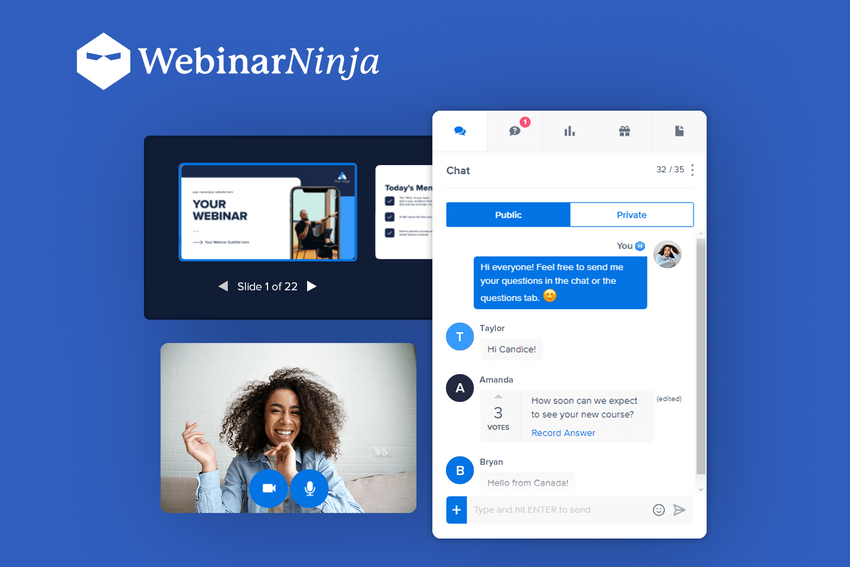8 Best Modern ECommerce Frameworks for Web Development
Get our list of the best eCommerce frameworks for web development that will increase your website performance and improve the customer experience rate.
Developing an eCommerce website, you make an important step towards delivering a relevant customer experience. If your business is ready for custom development solutions to maintain a unique user experience, you must wonder what technical tools could provide them. And that’s where the question of the best eCommerce framework arises.
In this blog post, we will consider the most popular variants that you could adopt for developing your online stores.
Variety of eCommerce Frameworks
A framework is a set of modules, libraries, and tools that simplifies and streamlines the software development process. ECommerce frameworks save time, prevent many programming errors, exclude programming repetitive codes, and allow developers to perform advanced tasks without spending a lot of time on them. ECommerce frameworks are usually developed and tested by a community of tech professionals, which means support and friendly advice in case of getting stuck.
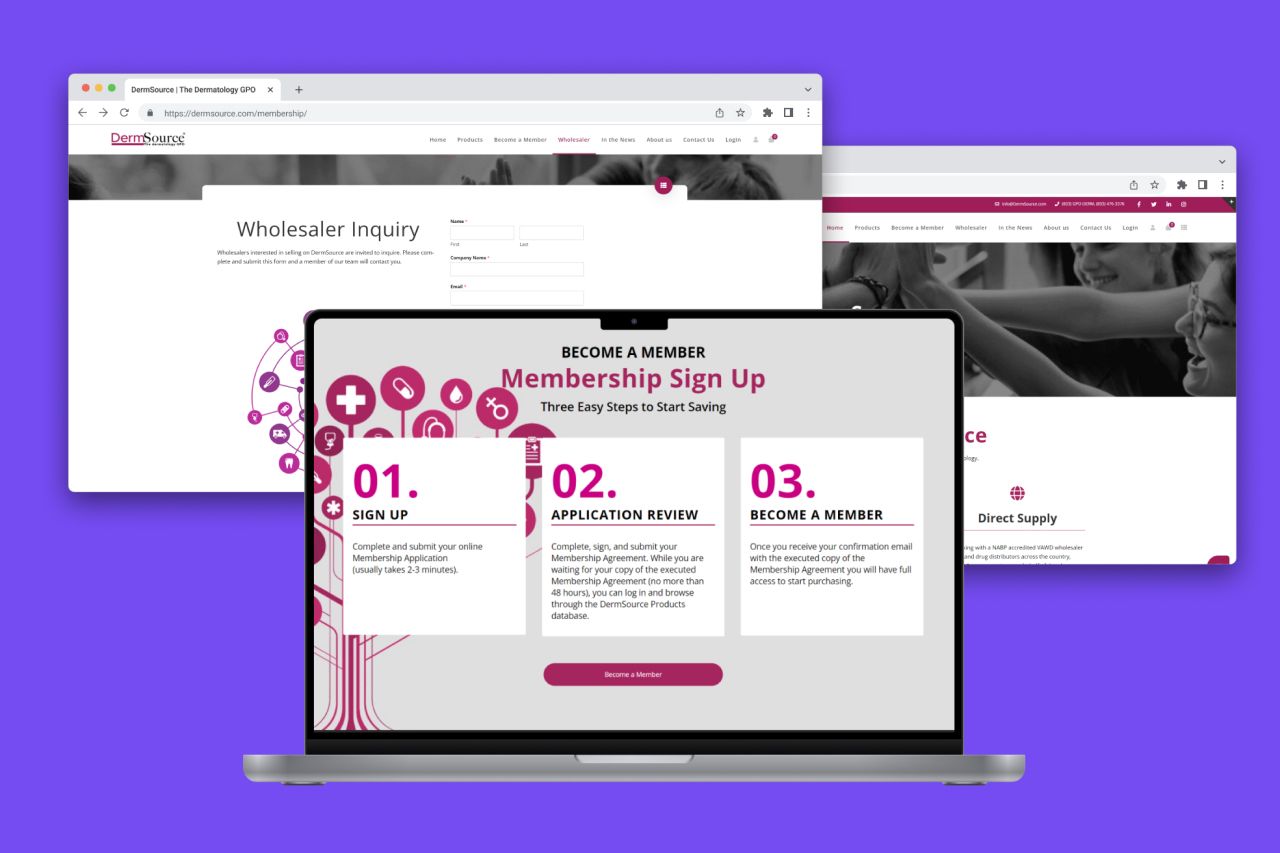
Every eCommerce framework is based on a specific programming language and works better for certain purposes. For example, Java, Ruby, Dart, and JavaScript languages specialists write their specialized electronic commerce frameworks and tools of eCommerce, but they can’t interchange with each other. It means that one can be better for mobile or web development. Another important gradation is frontend frameworks for UI and UX, backend – for security and data management, full-stack – covering both client and server-side, and microframeworks.
Moreover, choosing the fitting framework can greatly affect your budget for the eCommerce project, that’s why it’s important to make the right decision both from the technical and business sides. Let’s consider the most promising eCommerce frameworks which are most suitable for online store development with an explanation of their benefits to this business model.
Angular
Angular is a front-end JavaScript eCommerce framework powered by Google. It is open-source and includes less coding, which encourages many enthusiasts around the world to start learning Angular these years. Experienced developers, in turn, prefer Angular for its awesome time-saving tools like Angular Elements and AngularFire, loads of helpful resources, great community support, and SEO opportunities, which are valuable for any eCommerce project. Angular also provides eCommerce templates for rapid store deployment and optimization.
Ruby on Rails
Ruby on Rails is a mature full-stack eCommerce framework that is famous as a toolset for the Shopify app. The framework is called cost-effective since it is compatible with free web servers and databases. Ruby on Rails also has a lot of off-the-shelf solutions, modules, and plugins, which saves plenty of time for coders and further project launches. The framework has built-in protection against SQL, XSS, and CSRF attacks, so eCommerce entrepreneurs don’t have to worry about security issues.
React.js
React or React.js was the best eCommerce framework in 2020 and still ranks near the top. It is a JavaScript eCommerce framework that is used to build UI and components, modular code pieces. React is named one of the most time-saving frameworks because its components can be reused without affecting the whole system so that developers don’t have to write code from scratch every time. Another advantage of working with React is a big boost in speed. React relies on the Virtual Document Object Model (DOM), which means the pages won’t be reloading every time the user adds an item in the cart.

Laravel
Laravel is a PHP eCommerce framework based on the principles of object-oriented programming (OOP) and using the model-view-controller (MVC) pattern. This open-source eCommerce framework provides easy troubleshooting due to self-contained objects and flexibility through the creation of a few functions that can be adapted to different classes. Besides, Laravel can guarantee unprecedented site security due to native protection against SQL injection and XSS attacks. Lavarel also offers easy third-party integration, which is essential for eCommerce stores as they work together with payment systems, analytic tools, and mail services.
Django
Django is a Python eCommerce framework with a large feature set of more than 10,000 packages and many support options. The framework uses a component-based architecture providing a high separation between the parts so that developers can create scalable solutions. In addition to that, Django provides ready-made code pieces for basic operations and promotes creating reusable applications from related functionality. These features make Jango fast and time-saving.
ASP.NET Core
.NET is a scalable and robust framework of e Commerce web apps, which allows its users to create interactive, high-performance, and scalable solutions. According to Statista, ASP.NET Core is now the 6th most popular framework among development companies, including such giants as Accenture and IBM. Thanks to the ASP.NET eCommerce enterprises can create rich and dynamic web pages, interactive B2C solutions, and manage their products real-time.
Flutter
Speaking about building the eCommerce strategy for the future, the Flutter framework is the best option for your e-store. Flutter is written in Dart, a modern language optimized for client apps, and has numerous benefits like high performance, a user-friendly UI, unified code, overcoming cross-platform limitations, hot reload, convenient server configuration, handy error handling, etc. Last year it has become the most popular choice for cross-platform mobile development, with numerous giants like Google ads, App Tree, Birch Finance, and others using it to create eCommerce tools.
Choosing the Right eCommerce Platform
Finding the right eCommerce architecture framework is a challenging task, as well as launching an online store. To help you with the choice, we recommend starting with research and finding the eCommerce websites that you really like. Pay attention to their interfaces, speed, provided customer journey, and payment algorithms. Then try to find out what technologies were used for their building. Compare the variants and their prices to define your own requirements.
We hope that our guide on eCommerce frameworks will help you decide on the right technologies for the project. If you also need a team of qualified developers with experience in custom marketplace creation or Shopify web development do not hesitate to ask us about your project estimate.
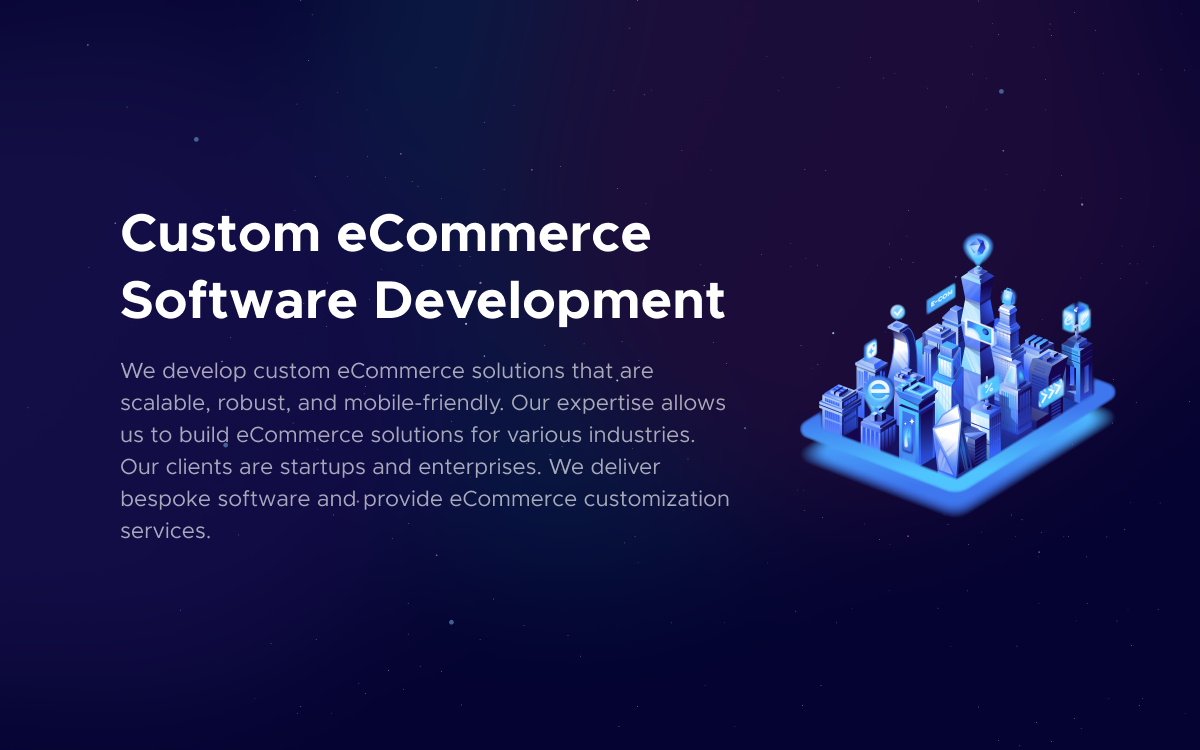
Need Help With A Project?
Drop us a line, let’s arrange a discussion

